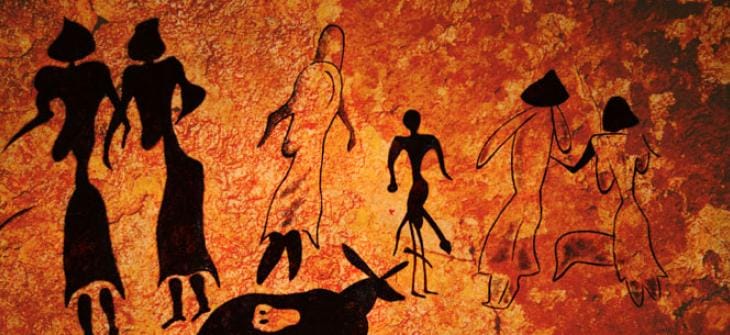Is anthropology a comedy?

Such is the state of our discipline that the time has come to take out those pens and juggle them. It is time to document the secret lives of professors and classmates, to chronicle the conversations in the queue up to the Hare Krishna food stall, and to decipher the language which millennials use on their social media accounts. I am talking of the ones who walk down the School’s corridors saying “Oh my god, like, like, like, like” with their mobile phones in their hands. If we could develop a hermeneutical filter through which modern gobbledigook can be thrown, it would speak volumes of the nature of the times in which we live. An auto-ethnography that is immune to nobody occupies the minds of anthropologists who ask difficult questions such as “What about we the privileged who have no sense of humour?”
The law that humour should not be allowed in anthropological inquiry is unwritten and political at the same time as we are told to toe the line. It is imperative, therefore, to know why we anthropologists select and edit what we consider integral to our theory, and why we deliberately leave out juicy bits from our work. It could be that our humour is italicised .
We never ask our professors to refrain from repeating big words because the museum of laughter exists in our minds. We grasp the truth that people in power write the meanings of words through ‘research’, and that those meanings are themselves part of the process of meaning-making in world history, which anthropologists contribute to as they write out their prose using the very words which are published as correct spelling.
So at this School we have changed the rules of the game—as students of anthropology we have reinvented the wheel by speaking incessantly in an incomprehensible language. If not for this, what is humour? We have sought to ask this question many times in the classroom and the answer has ever been that without heavy duty stuff there can be no anthropology.
Make no mistake that words which hide the true intentions of their meanings reveal more than the conviction of the anthropologist who believes that words are necessarily a tool to obscure that which was meant to be revealed as truth. In such a scheme of things, humour is contained within the performance of crazy speech and writing, in a rhythm of exchange, and in the production of a collection of meaningful words repeated over time.
Implicit in anthropology, therefore, is the real intention unobscured and so apparent that it takes a long time to digest the truth that anthropologists are largely a funny lot. We realise the futility of the political exercise despite our liberal leanings, join in various activist projects when the opportunity arises, and spout a huge dose of ‘interdisciplinary’ stuff during seminars insomuch that it takes more than a month for some words to filter through our intellects to end up correct in both meaning and spelling in our papers.
This is the main purpose of anthropology—to show that we mean what we say, like those from the other disciplines, but with a soft corner for being neither here nor there but everywhere. It is time for the clown amongst the bores to stand up and say, “Give me more!”




